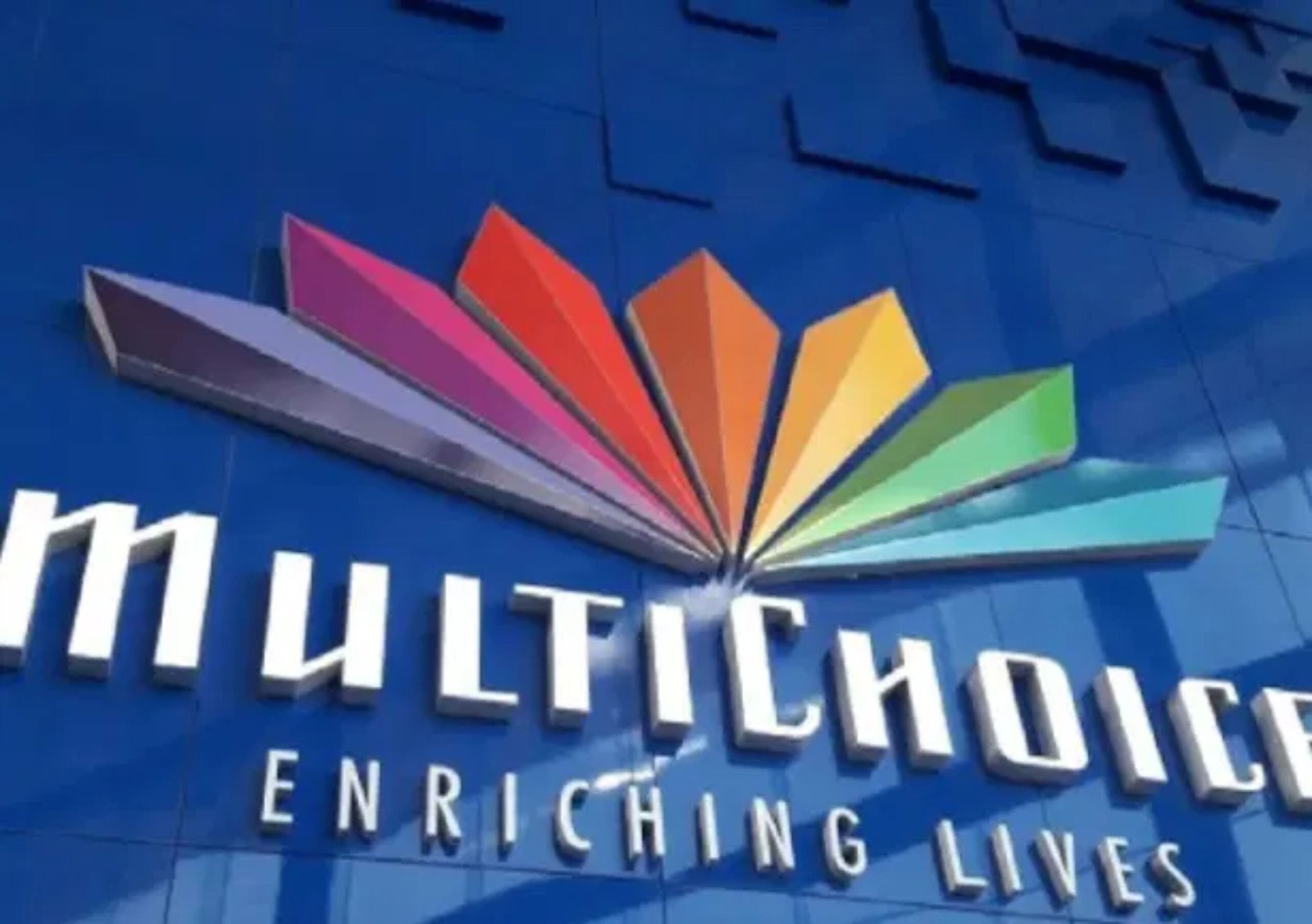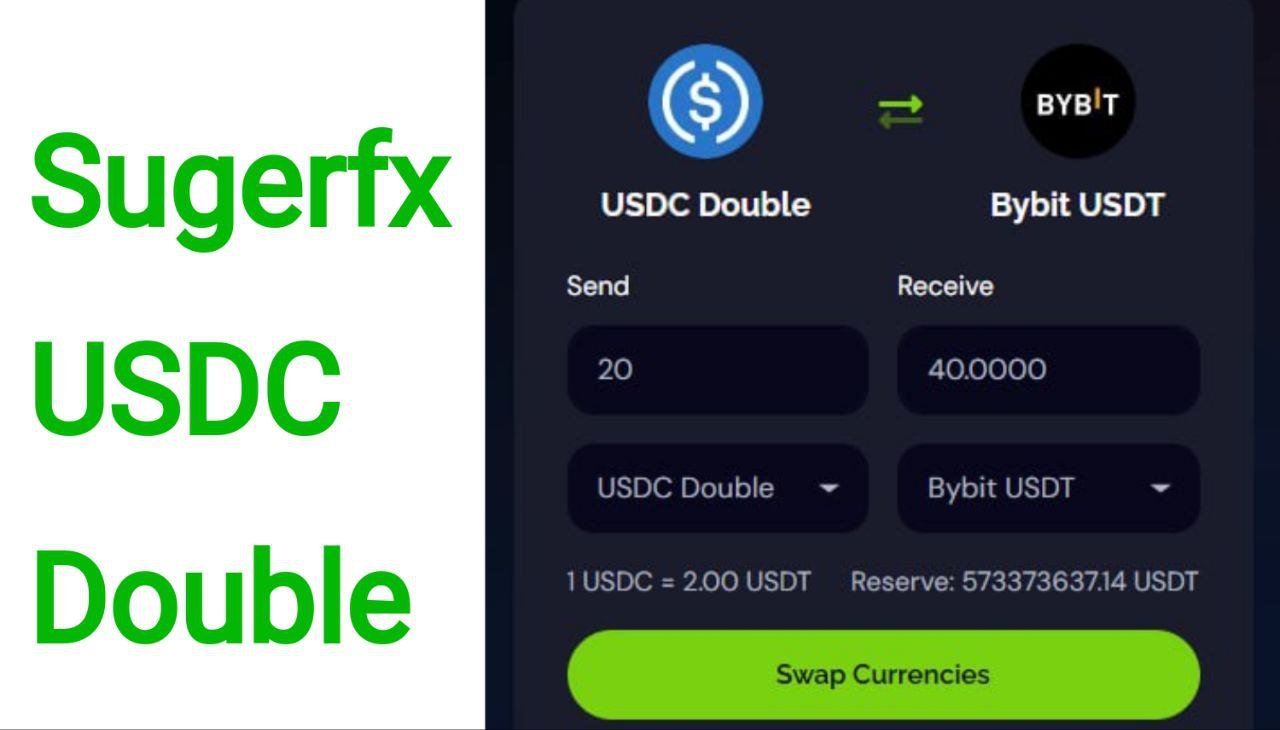
MultiChoice, the media giant behind DStv and GOtv, recently revealed a surprising statistic: a staggering 243,000 subscribers have left the platform in Nigeria in just a few months. This massive subscriber loss has sent waves through the entertainment industry and sparked discussion among Nigerians who have long voiced concerns about the company’s pricing, programming, and customer service. Here’s a closer look at what’s driving this trend and what it might mean for the future of television in Nigeria.
What Happened? The Numbers Behind the Drop
MultiChoice, headquartered in South Africa, has dominated the African Pay-TV market for decades through its DStv and GOtv brands. However, in a recent financial report, the company disclosed that it had lost a total of 243,000 subscribers in Nigeria over a short period. This loss reflects a notable shift in Nigeria’s entertainment consumption patterns and exposes challenges facing MultiChoice, which has traditionally maintained a stronghold on the Pay-TV sector in Nigeria and other African nations.
Although MultiChoice has not fully explained the reasons behind the subscriber dip, many Nigerians have been vocal about what they see as the root causes. High subscription prices, unsatisfactory content offerings, poor customer service, and increased competition from streaming services are often cited as reasons why Nigerians are abandoning traditional Pay-TV services.
Key Reasons Behind the Subscriber Exodus
1. High and Frequent Subscription Hikes
One of the most persistent complaints from Nigerian DStv and GOtv subscribers is the high cost of monthly subscriptions. MultiChoice has increased subscription rates several times over the years, with the most recent hike implemented in mid-2023. This price increase was particularly painful for Nigerian subscribers, given the economic difficulties many are facing, including high inflation, currency devaluation, and rising living costs.
For many Nigerians, these price increases feel unjustifiable, especially when the service offerings do not appear to change or improve. Some customers have openly questioned why the company continually raises prices in a market where disposable incomes are shrinking. With other affordable alternatives emerging, the appeal of paying a premium for MultiChoice services has diminished.
2. Programming and Content Limitations
Content is at the heart of any Pay-TV service, and this is another area where many Nigerians feel MultiChoice has lagged. While the platform does offer a range of channels, there is a perception that the same shows are frequently repeated, leading to a lack of fresh and diverse content. Subscribers have also complained about the limited options available on lower-tier packages, which contain fewer premium channels despite still being costly for the average Nigerian viewer.
MultiChoice has also faced criticism for focusing heavily on content that appeals to a South African audience, sometimes at the expense of Nigerian viewers’ tastes and preferences. This disparity has driven some subscribers to cancel their DStv or GOtv plans in favor of services that offer more tailored programming.
3. Poor Customer Service
Another common grievance among Nigerian subscribers is MultiChoice’s customer service, which many claim is inadequate. Complaints about difficulty reaching customer support, delayed responses, and unresolved technical issues are prevalent among Nigerian subscribers. For users paying a premium, a lack of responsive and effective customer service can feel like a breach of trust, leading many to abandon the platform in frustration.
4. Increasing Competition from Streaming Platforms
The rise of streaming platforms such as Netflix, Amazon Prime Video, Showmax (ironically owned by MultiChoice), and other local streaming services has created a powerful alternative to traditional Pay-TV. These streaming platforms offer on-demand viewing, diverse content, and the flexibility of monthly subscription cancellation without the need for specialized equipment like satellite dishes and decoders.
For many Nigerians, especially younger viewers who are accustomed to the flexibility of streaming, the switch from traditional Pay-TV to streaming services has been seamless. The ability to watch content whenever they want, combined with competitive pricing, has made streaming an appealing alternative, accelerating the trend away from DStv and GOtv.
Public Reaction: Social Media Outcry
On social media, Nigerians have not been silent about their dissatisfaction with MultiChoice. Hashtags calling for DStv boycotts or criticizing the company’s pricing have trended on several occasions. The public backlash reflects growing discontent among Nigerian subscribers who feel the company’s policies are out of step with the realities of the Nigerian market.
A recent thread on Twitter showcased widespread anger about the price hikes, with many users expressing disappointment at what they perceive to be a lack of empathy from MultiChoice. Others suggested that the company’s monopoly in the Pay-TV market has led to complacency and disregard for customer satisfaction. This outcry demonstrates that MultiChoice’s customer retention strategy in Nigeria may need a substantial overhaul.
Possible Solutions and What MultiChoice Could Do
In the face of declining subscriber numbers, MultiChoice will need to make significant adjustments if it hopes to maintain its foothold in Nigeria. Here are a few potential strategies the company could consider:
- Pricing Restructure and Promotions
MultiChoice could explore more affordable and flexible pricing structures that cater to various income levels in Nigeria. Introducing promotions or temporary discounts, especially in economically challenging periods, might help to retain price-sensitive customers. - Enhanced Content Tailoring
Increasing local content that resonates with Nigerian viewers could improve the appeal of DStv and GOtv. Partnering with Nigerian filmmakers, producing original shows, and introducing more localized channels could help the platform differentiate itself from international streaming competitors. - Improved Customer Service
Customer service upgrades could go a long way in restoring trust among subscribers. Investment in faster support response times, resolving technical issues, and proactively engaging with customer complaints might help the company improve its public image. - Hybrid Streaming Options
MultiChoice could consider introducing hybrid offerings that combine Pay-TV and on-demand streaming options, potentially integrating DStv or GOtv with Showmax in more seamless and affordable ways. Offering bundled services could help retain subscribers looking for the flexibility of streaming.
The Broader Implications for Nigeria’s Pay-TV Market
MultiChoice’s subscriber losses reflect shifting consumer expectations in Nigeria and signal a potential turning point in the Pay-TV market. Nigerian viewers are no longer confined to traditional providers and have demonstrated a willingness to move toward more affordable and flexible alternatives. This shift could lead to a more competitive and innovative Pay-TV market in Nigeria, as providers work harder to offer better value.
For MultiChoice, the message is clear: Nigerian consumers demand fair pricing, fresh and diverse content, and effective customer service. Failure to adapt could result in further subscriber losses as the competition intensifies.
MultiChoice’s substantial subscriber loss in Nigeria speaks volumes about the changing dynamics in media consumption. As Nigerians increasingly turn to digital and on-demand options, traditional Pay-TV providers face the challenge of staying relevant in a competitive market. Whether MultiChoice can turn things around remains to be seen, but one thing is clear—the company will need to address customer dissatisfaction if it wants to regain the trust of Nigerian viewers.








High price in subscriptions has made people to start leaving dstv and gotv,only if there’s a slash In their subscription that can correct all this.